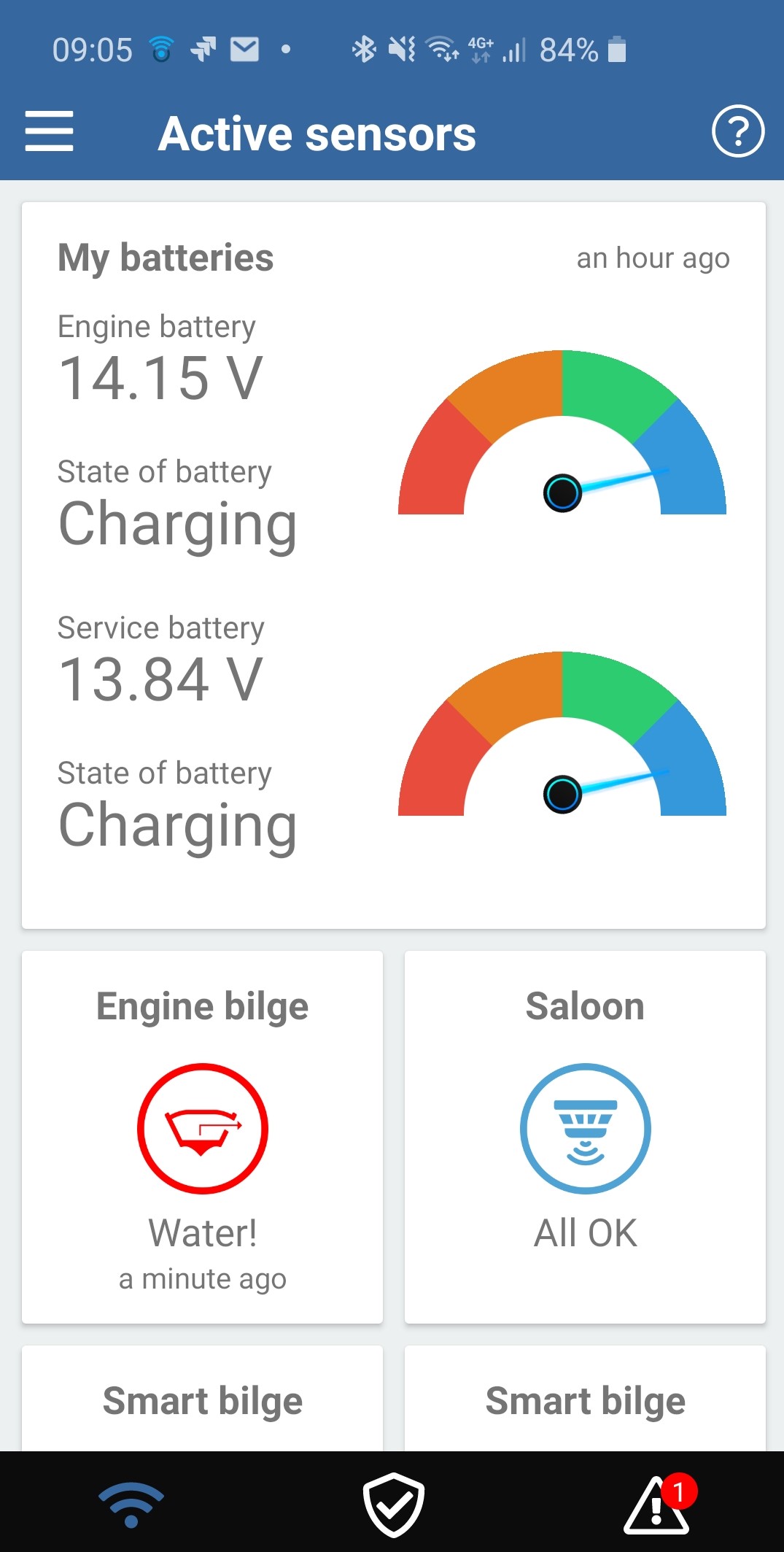All stakeholders in the nautical arena, from individuals like yacht owners, skippers and crews, to organizations like marinas, port authorities, charter companies and insurance companies, consider safety as one of the major concerns and one of that consumes more money.
If we look at a yacht’s (sailing or motor) safety equipment almost all of it is intended to be used under way or with crew onboard.
Insurance companies reports states that 80% of damages occurs when yachts are docked in a marina. That’s somehow expected since recreational yachts spend most of the time docked in a marina with no one onboard.
Even docked and in normal circumstances a yacht requires some attention since it is exposed to aggressive conditions like corrosion, galvanic currents, etc. and electrical failures that might cause damage like fire and sinking.
Also, every owner expects his yacht to be ready to use every time he has time for it. Unfortunately, after long periods docked with little or no care last-minute problems arise preventing its use.
One can apply Murphy’s Law by saying that – “The risk of finding dead batteries or the bilge flooded on a yacht is directly proportional to the skipper’s/owner good mood, good weather and good company and inversely proportional to the time available for care and for use”.
So, in all circumstances some regular preventive care must be done to avoid those problems. (Usually a regular visual inspection and power / batteries check every two weeks fits the purpose).
This regular preventive care can be time and money consuming since it requires that the yacht owner travels to the marina on a regular basis to make the checks or contract a third party to do the checks for him.
During COVID confinement many yacht owners were unable to travel and check their yachts leaving to chance or to some good soul to watch and check their yachts for them. Many will have to make some kind of repairs or renew their batteries bank due to lack of care adding more costs to the bill and preventing them to enjoy their yacht for a few more days.
One can find in the market for a couple of years several solutions that will enable remote monitoring and alarming of events on yachts that can cause damage like fire, flooding and battery or power issues, however the cost of these solutions strict their use to bigger yachts where the cost of potential damage is way bigger than the cost of the equipment, installation and network service subscription fees.
Recently new wireless technologies and networks have emerged reducing the costs of acquisition, installation and service for this type of solutions, making them a viable option for smaller yachts.
This is the case of IoT (Internet of Things) technology already in use in other areas like home appliances, manufacturing, automotive, agriculture, etc. and now are also available for yachts.
Today we have in the market IoT technology and IoT networks based solutions that remotely monitor and alarm fire, smoke, heat, water and battery events on a yacht by SMS, e-mail and smartphone application (iOS and Android).
These solutions are power independent from the boat’s batteries, easy and quick to install and configure and cost less in terms of equipment and network service subscription for comparable functionality and quality of service with existing solutions.
This kind of solutions will bring to yacht owners an improved boating experience (and peace of mind) since while away they can remotely monitor the yacht, and when going to enjoy it avoid last-minute surprises.
On top of that boat owners will reduce yacht related costs by:
- Reducing travels to the marina;
- Reducing repair or replacement costs, like unplanned battery replacement;
- Reducing insurance costs.
Besides private yacht owners several other stakeholders will benefit from this kind of solutions:
Yacht charter fleets will benefit not only by improving their maintenance operations efficiency, reducing times of repair between charters, but also by reducing operational costs by closely monitoring their fleets battery status thus improving overall battery lifetime.
Insurance companies will benefit attracting more customers by reducing their insurance policies prices to yacht owners that use these sensors;
Marinas and dockyards that provide maintenance and yacht caring services to their customers can improve their services efficiency and reduce their operational costs implementing these sensors as part of the service provided.

About the author

Nuno Fernandes
Managing Partner TradeWinds Portugal
Passionate about sailing and technology. True believer that knowledge and technology creates new and better sailing experiences
